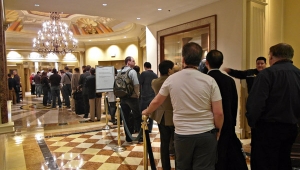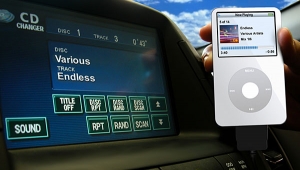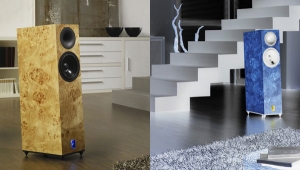| Columns Retired Columns & Blogs |
The sound is smoother and more liquid after my system has warmed up. The amps get nice and warm. After being at room temp for hours and then letting them warm to operating temperature, the bass, mids, and highs are not so etched and hard. This makes a huge difference when listening to digital.


























